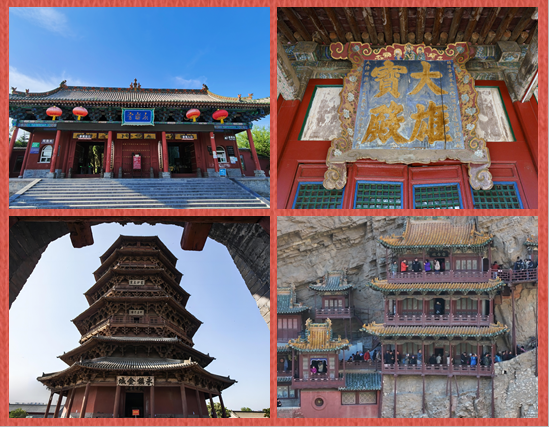Young Chinese, Africans meet at poverty alleviation seminar
Updated: 2021-07-21
The China-Africa Future Leaders Dialogue: Seminar on Poverty Alleviation and Development, organized by the Chinese People's Association for Friendship with Foreign Countries, was held in Xing county, Lyuliang, North China's Shanxi province on Saturday.
Representatives of African youth from 13 countries and Chinese youth cadres met in the old revolutionary base area to talk about poverty alleviation and development, as well as the future of China-Africa cooperation.
In the seminar, Lin Songtian, president of CPAFFC, shared the international contribution of rising out of poverty in China.
"China's achievements have benefited the Chinese people, enabled every one of the 1.4 billion Chinese population, one-fifth of the world's total, to shake off extreme poverty, realized the UN 2030 Sustainable Development Goals 10 years ahead of schedule, and made more than a 70 percent contribution of the world's poverty alleviation. China also provided new solutions and options for all countries in the world in poverty reduction and development, unveiling a bright future for the world," he said.
Lin emphasized the sole purpose of the event was to make the young African friends understand China through onsite investigation, and become messengers of China-Africa friendship, contributors to mutual benefit and common development, and constructors of an independent and sustainable Africa where its people live a better life.
Xing county is not only an Chinese old revolutionary base, but also was one of the 10 most impoverished counties in Shanxi province. However, in 2019, the whole county was removed from the poverty list. And in 2020, all impoverished people rose out of poverty.
Before attending the seminar, the African young representatives visited Xing county for several days. Through activities like, "I see poverty alleviation in China", "I am a village official in China", "I am an anchor in China", "I am a teacher in China" and so on, they visited and studied local poverty alleviation development and projects on site.
"Seeing is believing", said Joseph Olivier Mendo'o from Cameroon, who mentioned this Chinese proverb twice during the seminar. Joseph is a PhD candidate at the Peking University School of International Studies. He said the trip is a good opportunity to reveal what's unknown about China to Africans.
"During these five days, we studied the history of the CPC; experienced the daily work of grassroots cadres; studied deeply about poverty alleviation through industry, e-commerce, job creation, relocation, etc," he said.
"In short, poverty alleviation is a people-oriented product," Tungamirai Eric Mupona from Zimbabwe said. "In Shahao village of Xing county, we saw how the lives of local villagers had changed, and how they overcame difficulties by 'stimulating internal forces' and 'paired assistance'. We cannot forget the scenery we saw on this ground, where the barren mountain turned into fertile land. Not only are the residents of this county working tirelessly to get rid of poverty, but the Chinese government is also doing a lot to learn what the villagers need."
Patrice Monkam from Cameroon, who is a PhD candidate at Tsinghua University, gave an in-depth analysis of the concept of "targeted poverty alleviation" and said it would be very useful to Africa.
"Since China and Africa have a lot in common, I believe these methods of poverty alleviation will also be effective in Africa," he said.
Sumayyah Hosany, a Mauritius doctor from Panhealth Medical Center, agreed.
"I have learned through this tour that poverty is not inevitable, it is not unconquerable. In China it has proved that over and over again. It has shown that through hard work, dedication, perseverance and the sense of responsibility and willpower we can eradicate poverty. And today as young African delegates, we are here to transcribe what we have learned from the brand to better Africa. I believe together we can," she said.
In the seminar, the young Africans expressed that as important bridges and cultural emissaries, they have a responsibility to make contributions to the common future of China and Africa and make communication between China and Africa smoother by making better use of their experience in China and their unique perspectives.



